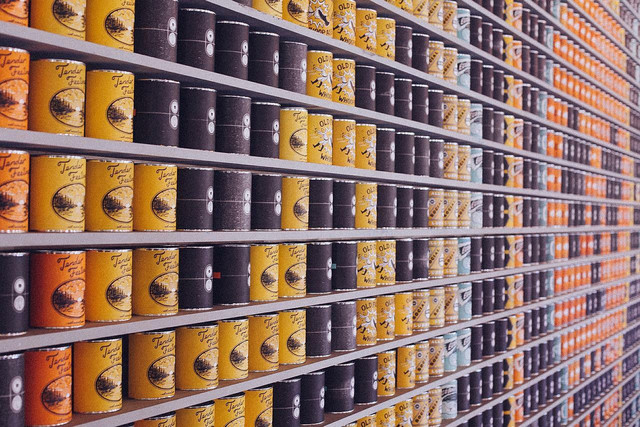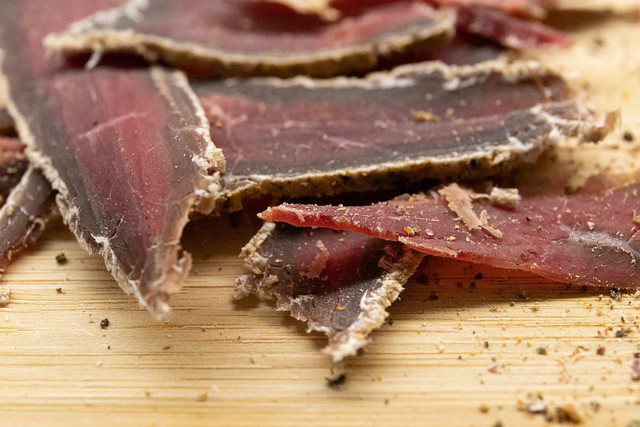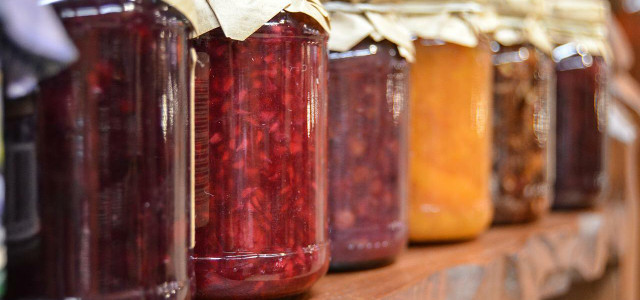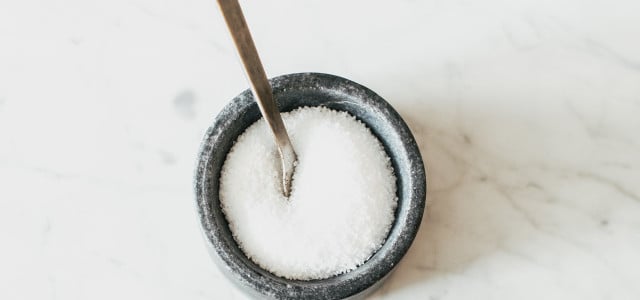Preservatives are added to packaged foods to keep them fresher for longer. We'll tell you what preservatives are and whether they are safe to eat.
Why Are Preservatives Used in Food?
Preservatives are natural or artificial chemicals added to foods to prevent spoiling. They also protect us from food-borne illnesses (food poisoning). Smoking fish or meats over burning wood or coal is another natural preservation method.
Most packaged, processed foods contain preservatives to stop them from going bad as quickly as they would otherwise. Natural preservatives include salt, which preserves meat by acting as a drying agent and protecting against mold and bacteria, and sugar, which also absorbs moisture and prevents the growth of bacteria. The use of preservatives in food is closely monitored by the U.S. Food and Drug Administration (FDA).
Preservatives are typically used for their antimicrobial benefits, to block the growth of bacteria, molds and yeasts, their antioxidant properties, to slow the oxidation of fats and lipids leading to rancidity, and to fight the enzymes that cause fruits and vegetables to ripen after they are picked.
What Are Added Preservatives?



(Foto: CC0 / Pixabay / PublicDomainArchive)
Added preservatives are chemicals incorporated into processed, packaged foods during production to give them a longer shelf life by slowing or preventing bacterial growth. You can check food labels to see if preservatives have been added. Just look for the word “preservative” followed by its additive number or name.
Some commonly added preservatives include:
- Sorbic acid: used in wine and cheese to prevent mold and yeast from developing and to preserve meat.
- Calcium sorbate: added to thicken and stabilize foods. Common in baked goods.
- Nitrates and nitrites: synthetic nitrates added to meat to boost color and preserve shelf life.
- Sodium benzoate and benzoic acid: used to preserve acidic foods such as pickles. They also limit microbial growth and enhance flavor.
Are Preservatives Bad for Your Health?



(Foto: CC0 / Pixabay / Evilowl)
Although artificial preservatives often use synthetic chemicals deemed safe by the FDA, the more significant issue is that most foods containing preservatives are unhealthy, as they are packaged and processed. Research shows that artificial preservatives can have negative health impacts. For example, sodium benzoate may aggravate asthma, potassium nitrate may lower the blood’s oxygen-carrying capabilities, and calcium sulfite may lower blood pressure and cause bronchial problems.
Natural preservatives, such as salt, can also be harmful in excess, and Americans often have too much salt in their diets. For instance, one serving of beef jerky (about 28 grams) contains 470 milligrams of sodium, about 20 percent of the maximum recommended per day. Diets high in sodium are linked to health problems like high blood pressure.
To avoid the possible health consequences of consuming too many preservatives, focus on eating a diet consisting of fresh, whole foods.
https://utopia.org/guide/fridge-organization-temperature/
Read more:
- Preserving Plums: How to Enjoy Them All Year Round
- Storing Food Correctly: 7 Tricks for Vegetables, Fruits and Leftovers
- How to Ferment Vegetables: A Beginner’s Guide
Important Information regarding Health-related Topics.
** Links to retailers marked with ** or underlined orange are partially partner links: If you buy here, you actively support Utopia.org, because we will receive a small part of the sales proceeds. More info.Do you like this post?








